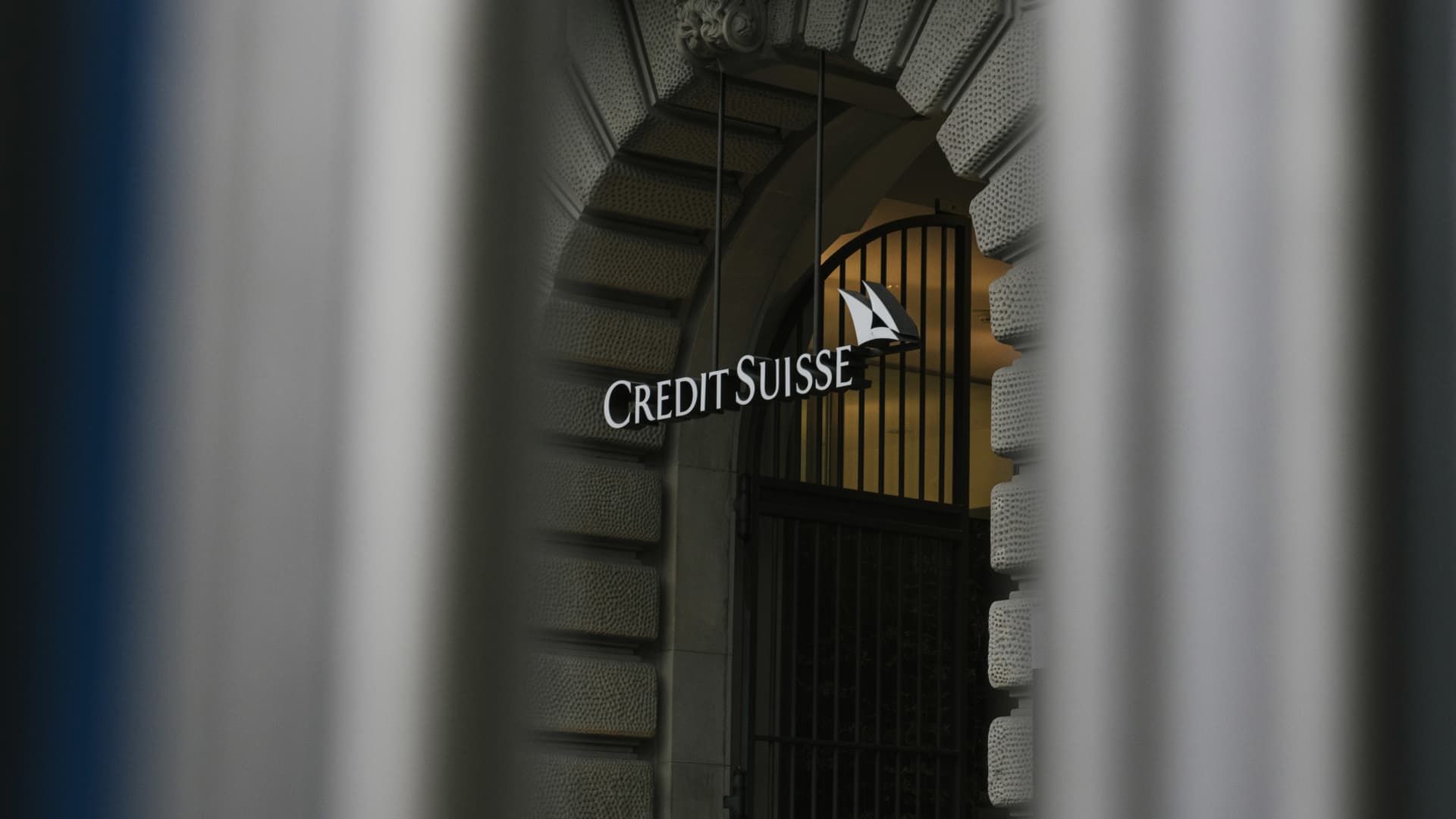
Credit Suisse said on Wednesday that it is likely to post a loss for the second quarter as the war in Ukraine and monetary policy tightening squeeze its investment bank.
In a trading update early Wednesday morning, the embattled lender said the geopolitical situation, significant monetary tightening from major central banks in response to soaring inflation, and the unwinding of Covid-19 era stimulus measures had caused “continued heightened market volatility, weak customer flows and ongoing client deleveraging, notably in the APAC region.”
Credit Suisse said despite the trading revenues benefiting from the spike in volatility, the impact of these conditions, combined with “continued low levels of capital markets issuance” and widening credit spreads, have “depressed the financial performance” of the investment bank in April and May.
This is “likely to lead to a loss for this division as well as a loss for the Group in the second quarter of 2022,” the trading update said.
The bank’s shares fell more than 5% shortly after markets opened on Wednesday.
Credit Suisse has endured a string of scandals and mishaps in recent years, leading some shareholders to call for a change in leadership. Chairman Axel Lehmann told CNBC in May, however, that CEO Thomas Gottstein has his full backing to continue with the “rebuilding” of the company.
Gottstein took the reins in 2020 following the resignation of predecessor Tidjane Thiam over a protracted spying scandal.
The bank reported a net loss for the first quarter of 2022 and announced a management reshuffle as it continues to grapple with litigation costs relating to the Archegos hedge fund collapse.
“We would note that our reported earnings will also be affected by continued volatility in the market value of our 8.6% investment in Allfunds Group,” the bank added.
Spanish wealthtech platform Allfunds Group, which launched on the Euronext Amsterdam in April 2021, has seen its share price plunge 52% year-to-date.
Credit Suisse said 2022 will remain a year of “transition” for the bank, vowing to accelerate cost-cutting across the group, and will provide further details at its Investor “Deep Dive” on June 28.
The bank aims to operate a group common equity tier one capital ratio, a measure of bank solvency, of 13.5% in the near-term, in line with its goal of 14% by 2024.




